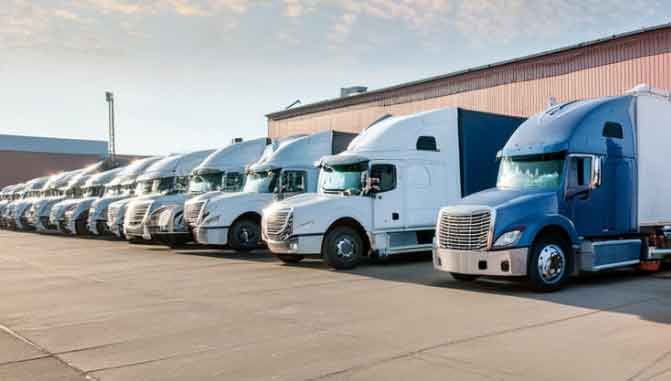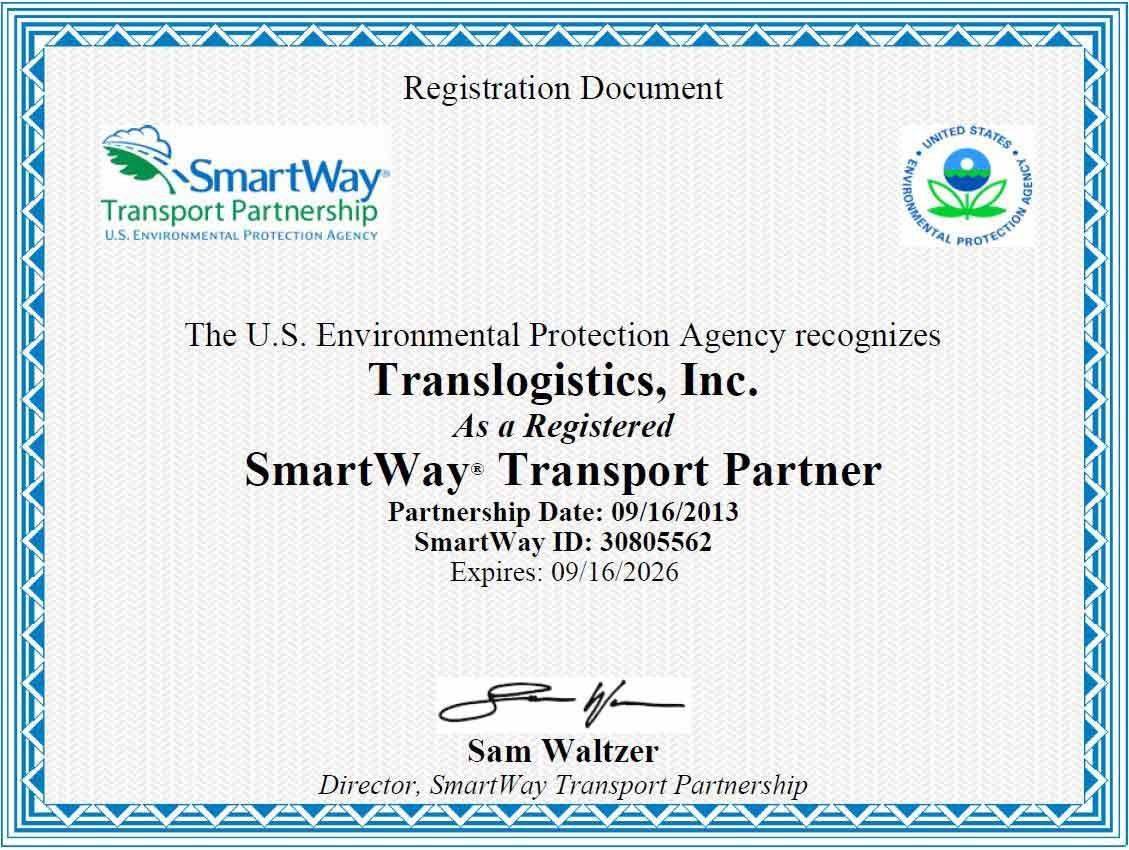Understanding the LTL Accessorial "Limited Access" Delivery
Understanding Limited Access Locations and their Challenges
Limited Access locations present unique challenges that carriers must navigate to ensure successful and efficient deliveries. These locations, are often restricted to the general public and require additional time, effort, and resources from carriers. To compensate for these complexities, carriers often apply LTL (Less Than Truckload) accessorial charges for deliveries to limited access sites. In this article, we will delve into what LTL accessorial charges are and how they are applied to various limited access locations.
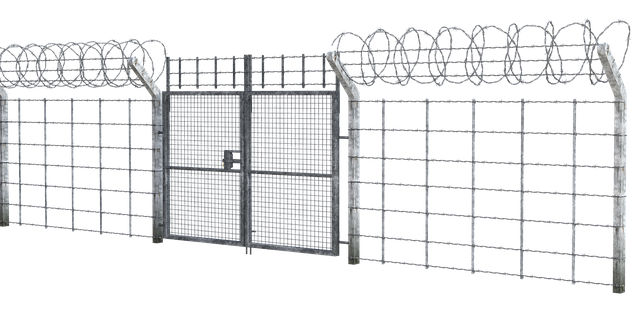
What is LTL "Limited Access"?
LTL limited access refers to specific locations that present additional challenges and complexities for carriers when making less-than-truckload (LTL) deliveries. These locations may include guard shacks, unmanned storage facilities, gate enclosures, schools, military bases, nuclear facilities, and others.
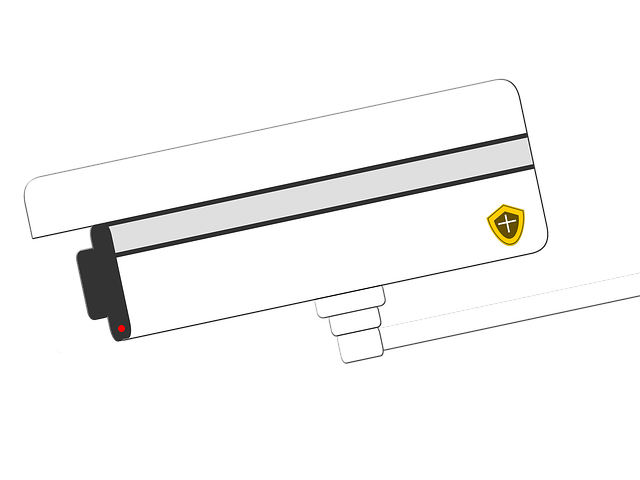
Understanding LTL Accessorial Charges:
LTL accessorial charges refer to the additional fees that carriers impose on shipments destined for locations classified as limited access. These charges aim to cover the extra costs associated with accessing and delivering goods to such sites. Limited access sites typically have unique characteristics that demand special attention and resources during the delivery process. By applying accessorial charges, carriers ensure fair compensation for the additional efforts required to complete these deliveries successfully.

Limited Access Location Examples
- Guard Shacks: Guard shacks often serve as entry points to gated communities, industrial facilities, or residential complexes. Carriers may encounter delays or require additional paperwork when delivering to these locations. Consequently, accessorial charges are applied to account for the extra time and administrative procedures involved.
- Unmanned Storage Facilities: Unmanned storage facilities, such as self-storage units or warehouses without on-site personnel, present challenges for carriers in terms of accessing the premises and unloading shipments. The additional labor and time required for unloading at these locations are covered by accessorial charges.
- Gate Enclosures: Locations with gated enclosures, such as secure business parks or private estates, may necessitate coordination with security personnel or the use of access codes. These extra steps increase the complexity of the delivery process and are reflected in accessorial charges.
- Schools: Deliveries to schools may involve strict time windows due to class schedules and the need for coordination with school staff. Carriers must carefully plan their deliveries to minimize disruptions to educational activities, resulting in accessorial charges to account for the extra attention required.
- Military Bases: Military bases have stringent security measures and protocols that carriers must adhere to when making deliveries. This may involve undergoing security checks, presenting identification documents, and complying with base regulations. Accessorial charges are levied to cover the additional time, coordination, and compliance efforts required.
- Nuclear Facilities: Deliveries to nuclear facilities involve complying with strict safety and security guidelines. Carriers must undergo specialized training and follow stringent protocols to access these facilities, resulting in accessorial charges to account for the extra precautions and compliance measures.
- Others: Various other limited access locations, such as hospitals, convention centers, construction sites, airports, and remote or hard-to-reach areas, may also attract accessorial charges. These charges are dependent on the specific challenges and requirements associated with each location.
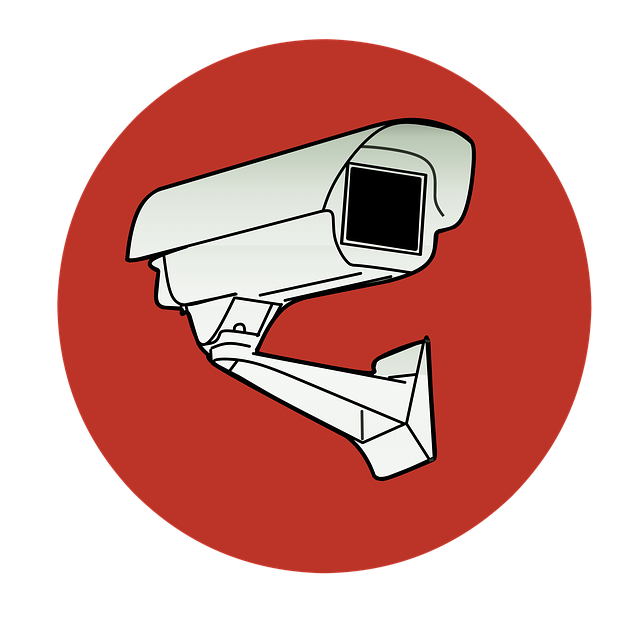
What is a TWIC Card?
A TWIC card, or Transportation Worker Identification Credential, is a security identification card issued by the Transportation Security Administration (TSA). It is required for workers who need unescorted access to secure areas of maritime facilities, ports, and certain critical infrastructure like military bases and nuclear plants. To get a TWIC card, applicants undergo a background check, including fingerprinting, to ensure they pose no security threat.
Many of the shipping facilities outlined before such as military bases, ports, and nuclear plants also require a TWIC card because they are high-security locations. These areas are critical to national safety and can be targets for threats. The TWIC card helps ensure that only authorized, thoroughly vetted personnel can enter these secure zones, maintaining tighter control over access and reducing security risks.
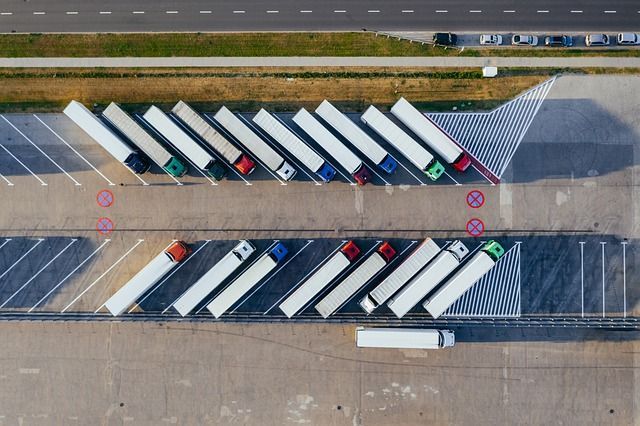
Limited Access Delivery
A limited access delivery charge happens when a carrier delivers freight to a location that is difficult to access or requires special arrangements. These locations as just outlined might include schools, military bases, construction sites, or residential areas. The carrier often faces additional time and effort navigating restricted areas, which can slow down delivery and require extra planning.
This charge covers the cost of the added complexity. Carriers may need to use smaller trucks, special equipment, or coordinate specific times for delivery. It ensures that the delivery process goes smoothly despite the challenges presented by the location.
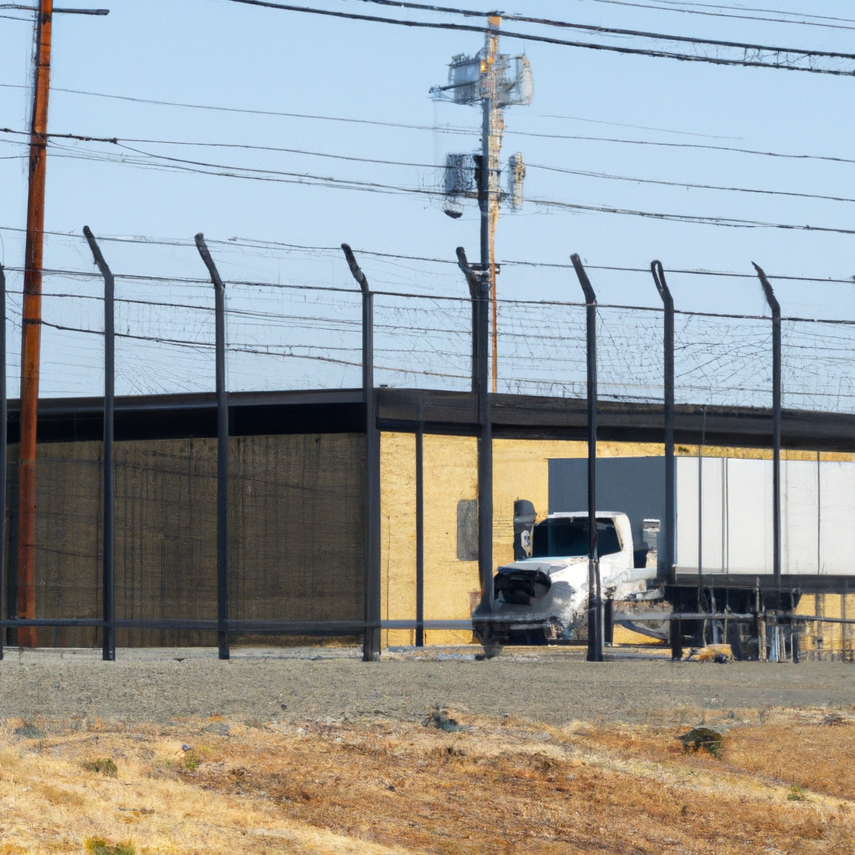
Limited Access Summary
Limited access locations pose unique challenges for carriers during the delivery process. To ensure fair compensation for the additional time, effort, and resources required, carriers apply LTL accessorial charges. Guard shacks, unmanned storage facilities, gate enclosures, schools, military bases, nuclear facilities, and other similar sites all incur accessorial charges due to the complexities involved in delivering to these locations. By understanding these accessorial charges, shippers can better anticipate the costs associated with limited access deliveries and work collaboratively with carriers to ensure smooth and efficient transportation operations.
TLI Insights
Get the latest logistics insights and tips from TLI's award-winning team. Stay ahead in transportation planning.
Questions? Email us at marketing@shiptli.com

